EMPLOYEE SPOTLIGHT: GETTING TO KNOW PROF. ANDREW CHRISTIE
Andrew Christie is a Professor at Melbourne Law School, where he holds the Chair of Intellectual Property. For SATLA’s Careers Spotlight, we spoke to Andrew about his pathway to academia, and how working at the intersection of science, technology and the law can solve real-world problems.
Q: Can you tell us a bit about working in academia at the intersection of science, technology and the law? What made you pursue a career in the field?
AC: I began studying for an undergraduate degree in science in 1979. One year later, after making friends with a student who was undertaking dual degrees in science and in law, I switched to a combined BSc/LLB degree program. At that time, dual degrees in science and law were not very common. As a result, there was an assumption, and a desire, that any lawyer with a science degree would work at the interface between law and science/technology – i.e., in the field of intellectual property (IP) law.
IP law incentivises humans to be creative and innovative, by giving them a degree of exclusivity over their creations and innovations. Some creations (those in computer science), and almost all innovations, are in a field of science or technology. So, having a degree in science or technology is a useful background for working in IP law. That is so whether one is practising IP law, or teaching and researching it. (In my case, I have done, and still do, both.)
My science background is the reason I got exposed to IP law and why I got employed to practice it, but it is not the reason I still work in this area. The reason I still do is simple: IP law is the most interesting and the important area of the law. It is the most interesting area because its subject matter – ideas – is intangible and conceptual. It is the most important area because the solution to all of the world’s pressing problems – dealing with climate change, responding to pandemic viruses, etc – will only come from one place: the intellect of humans. To ensure that individuals are encouraged to create and innovate while allowing society to benefit from their creations and innovations, it is imperative that there is the correct balance between, on the one hand, giving exclusive rights over ideas and, on the other hand, providing the freedom to use ideas. That is what IP law does.
Q: Is there a typical career path to get to where you are now?
AC: The answer to the question is “yes and no”. The “no” answer applies to when one begins an academic career. Some people become a law lecturer without ever practising law. Others spend some time practising law before taking a job in a law school.
My path into the academy was probably not typical. I practised law full-time in Melbourne for a few years, while also undertaking some teaching on a part-time basis. I then spent some time working as a management consultant, before undertaking a LLM degree in London. I got admitted to legal practice in the UK, worked for a London law firm, then was elected to a Fellowship at a Cambridge College. During my time in Cambridge I taught, I undertook a PhD, and I continued to work with a law firm. At the end of my Fellowship I returned to legal practice in Melbourne. Ultimately, I took a full-time position in Melbourne Law School – where I am today. So, you can see that there are multiple paths into a career in a law school.
The “yes” answer relates to postgraduate qualifications. To get an initial appointment in a non-US law school it is essential to have postgraduate qualifications – at a minimum a Master’s degree, and most preferably a PhD (or, better still, both).
Q: Where do you see opportunities in your field growing in the future? Are there any areas of study in the science, technology and law space that you see increasing in importance?
AC: All areas of science and technology develop. This means that, as a general rule, the relevance of IP law is always high across all areas of science or technology. Having said that, I acknowledge that there are some particular areas that are especially reliant on IP law. Foremost among these is the pharmaceutical industry, for which the patent system is essential. That won’t change anytime soon. So, a background in chemistry, biology, pharmacology or biotechnology is particularly beneficial. Also beneficial is a background in physics, computer science, engineering or IT. However … the nature of science and technology is such that one should never try to predict what will be the next “hot” area.
Hear more from Andrew Christie, and discover where an interest in science, technology and the law can take after graduation in SATLA’s Careers Spotlight. Stay updated on further news and opportunities in science and technology law by becoming a SATLA member at satla.net/join and by following SATLA on Facebook or LinkedIn.
